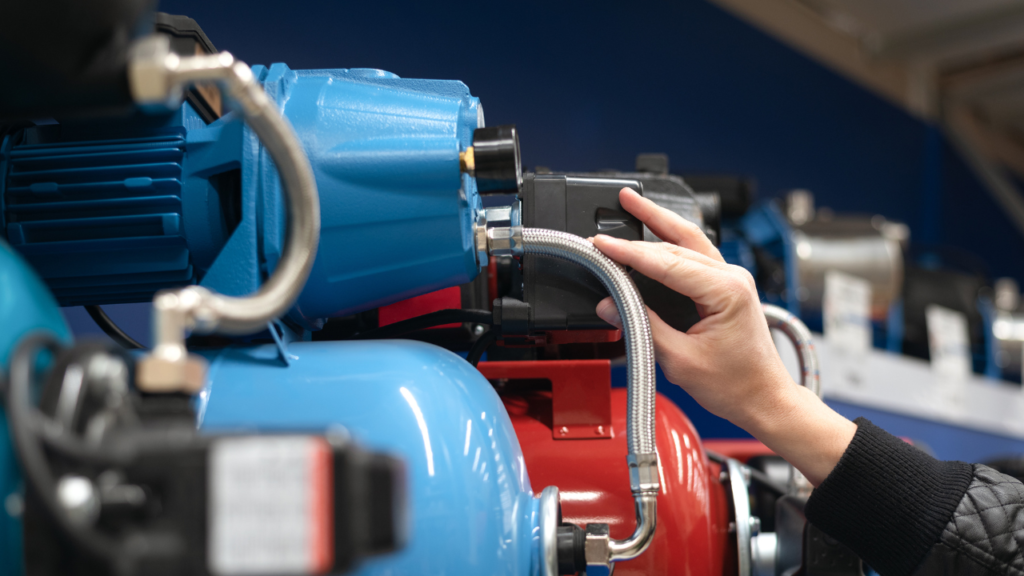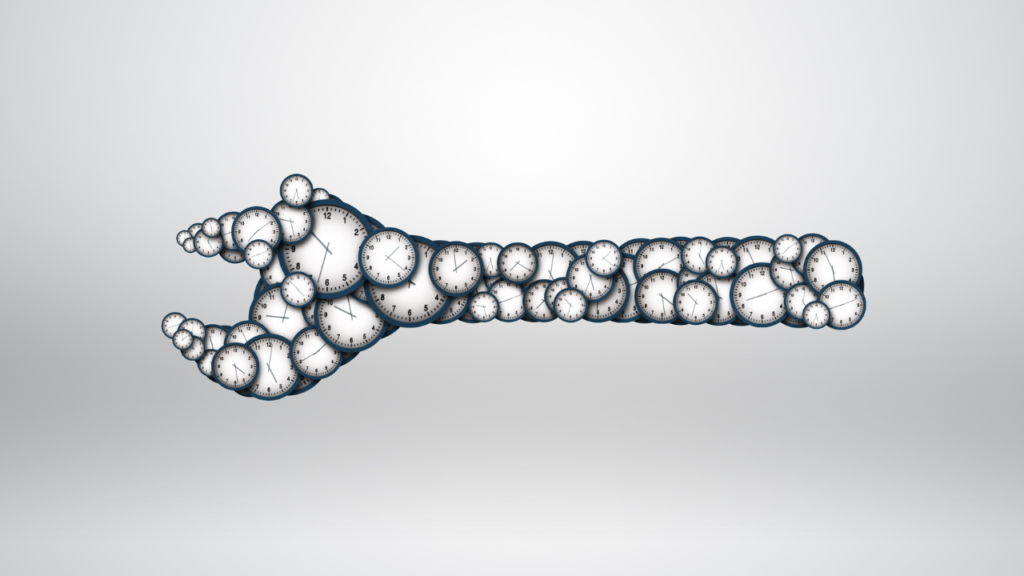
Leaders in Maintenance: Parts 1 – 4
I previously explained the system and procedures that need to be set up in order to make people do what you want them to do. Since people can’t be more effective than the system in which they work, you have to start by building a system and procedures. However, if you as maintenance leaders are going to get people to do what you want them to do, you are going to have to use diplomacy and psychology.










